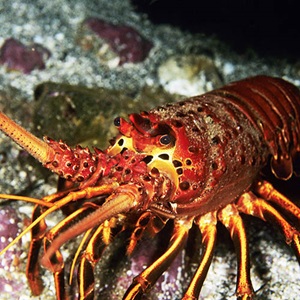Using smartphone technology, a Surinamese fishery will further scientific knowledge of regional biodiversity to help it and other fisheries minimise interactions with non-target species.
- Smartphone technology for self-reporting and developing onboard monitoring protocols
- Developing a database of endangered, threatened and protected (ETP) species
- Supporting the development of management strategies to mitigate impacts on ETP species
Start date: May 2024
€5,000
Student Research Grant
Awardee
Mishel Rañada (Master’s student), Vrije Universiteit Brussels
Fishery
Corvina and acoupa weakfish trawl fishery
Improving fishing practices though data collection
Fishing off Suriname, in the Western Atlantic Ocean, the corvina (Cynoscion virescens) and acoupa weakfish (Cynoscion acoupa) fishery incorporates both industrial trawl and artisanal driftnet vessels.
Managed by NGO CeDe Pesca, the Suriname trawl fishery underwent pre-assessment to the MSC Fisheries Standard in 2020. It is now progressing its improvements program and action plan towards full assessment. To be certified as sustainable, the fishery must next develop management strategies to minimise its interactions with ETP species and bycatch.
The fishery will gather data around species encountered during its operations, and promote management recommendations and protocols to crew , and adopt any measures to minimise impacts, where necessary.
Mishel Valery Rañada, is a master’s student at the Free University of Brussels in Belgium. Rañada is a recipient of the OSF Student Research Grant; through her research project, she will work with fishery managers and use the grant to help them obtain data needed to progress towards certification.
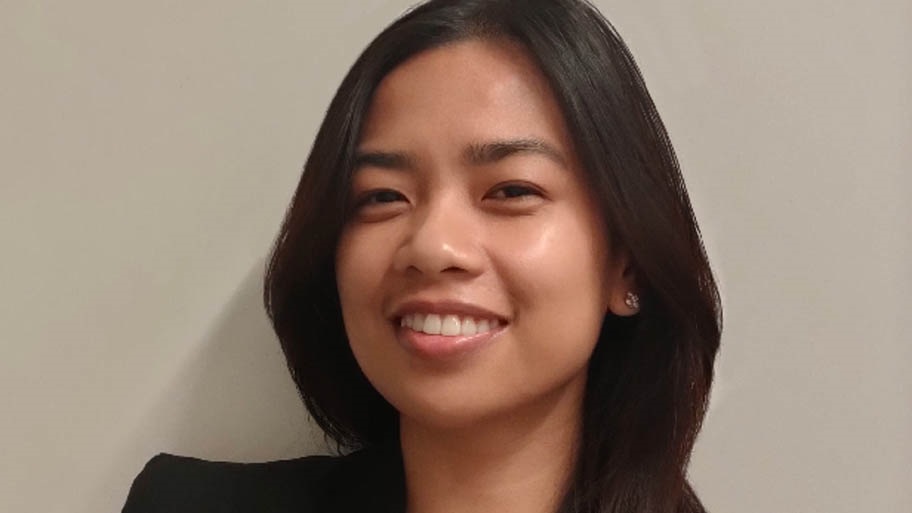
“By harnessing the power of modern technology through a smartphone based self-reporting program, fishers in Suriname will be empowered as active participants in biodiversity monitoring and the promotion of sustainable fishing practices.”
Research outputs to improve management
Rañada’s project will develop and implement an auditable, self-sampling, data collection program for the fishery.
The project will be conducted by the fishers themselves, using smartphone technology and an existing app, Mofi by Anchorlab, that was previously adapted and used successfully in a 2020 Science & Research Fund project.
Fishers will collect and upload images of ETP species encountered to the app, which feeds them to a central database. The images will be geo-tagged and associated with each interaction event. The methodology is a simple and cost-effective way to expand scientific knowledge on the distribution of species within the fishery’s range.
To ensure the data collection protocols are robust and properly implemented, Rañada will, in consultation with the fishery and associated stakeholders, create a digital form to log ETP interactions. A pilot study will test the protocols onboard and in real-life fishing scenarios. Protocols may then be adapted where necessary. Skippers and crew will be trained in how to use the app to self-report and data will be collected continuously for a six-month period. The tested self-reporting forms will then be made available to other fisheries, such as the Suriname seabob fishery, who are seeking to improve their practices.
The final outputs will be ready by May 2025 and will contribute to recommendations for the fishery’s management strategy.
Related projects
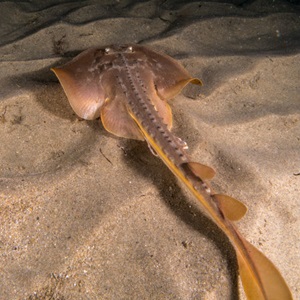
A smartphone app to identify protected species
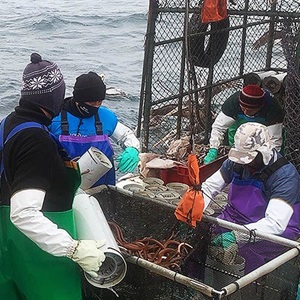
North Peru eel trap fishery: Improvements in practice and governance
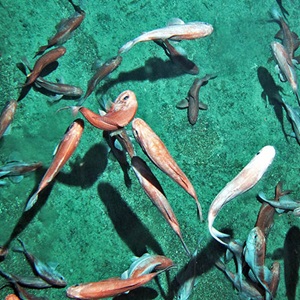
New Zealand orange roughy: Age models and Harvest Control Rules
